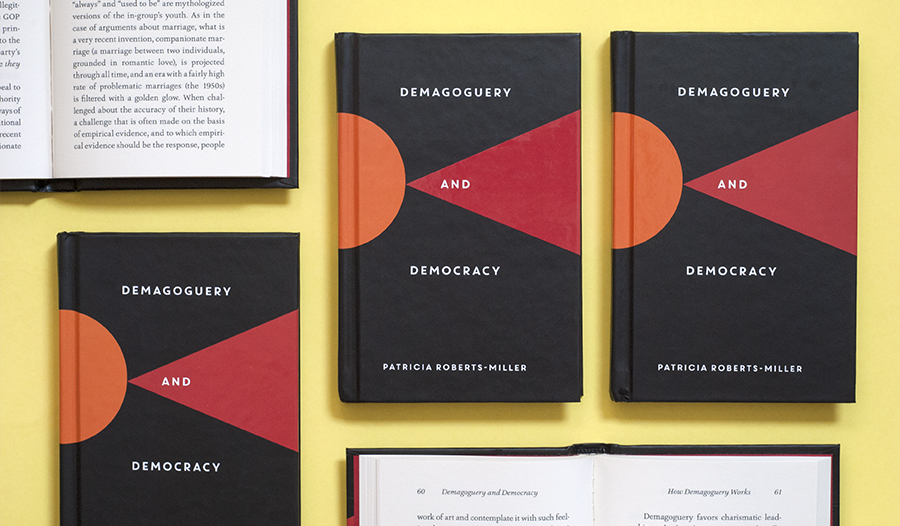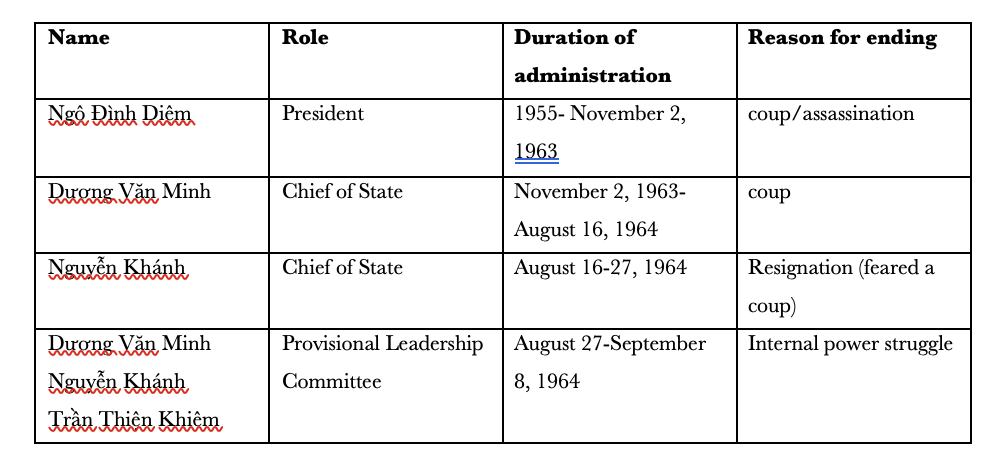
I’m reading Donald Stoker’s hilariously (and justifiably) grumpy Why America Loses Wars (2019). One of the points he makes is that American politicians and pundits have been enamored with “limited war” since Korea, without any precise definition of that term (or even of war more generally). He argues that “limited war” is defined (to the extent that it’s defined at all) by military means rather than political objective. Political objectives enable the determination of “win” conditions (e.g., we are fighting in order to gain control of this territory), whereas defining a war by military means (e.g., we will rely purely on bombing) doesn’t.
He says that no President since FDR who has advocated going to war has laid out clear “win” conditions, and that, without those conditions (without knowing the political objective), the military can’t determine effective strategies.
That’s an argument similar to one I make in Deliberating War—that the rhetoric for the war matters, since a necessary war should be rhetorically defensible, as far as need and objectives. If political figures and pundits can’t name a specific political objective, then they’re effectively advocating endless war. My interest is in public deliberation about policy, whereas Stoker’s is military deliberation about strategies, tactics, logistics, operations, and so on. But, what’s shared is the argument that vague objectives (or, more precisely, vague rhetoric about objectives) constrain deliberation.
Stoker argues that political figures from Truman to Obama have advocated war (which Stoker defines as combatants using violence to achieve a political aim, 15) while denying that it’s war and describing the objectives in vague terms or not describing them at all.
Stoker is arguing against the post-war fascination with “limited war”—a fascination that continues to trouble public discourse about military actions.
To be fair, LBJ was clear that the goal was a non-communist South Vietnam, and Truman was clear that the goal was getting North Korean troops out of the area below the 38th parallel. Granted, those are negative goals, and it took Truman a minute to decide that was the goal, but the pro-war rhetoric of Truman and LBJ doesn’t seem to me much vaguer than what Wilson set out as goals for WWI. So, I’m not convinced that the problem Stoker identifies is entirely new. But, I agree it’s a problem, and I agree it’s now the norm. With the exception of the First Iraq War (the Persian Gulf War), military actions have been advocated with arguments no more complicated than what can be a slogan on a bumper sticker. FDR had a lot of bumper sticker moments, but he also had specific goals—there were win identifiable conditions.[1] But, what is victory in a “war on terror”? What does it mean to “destroy” a non-state entity like IS? How do you know you’ve won? How do you know whether you’re winning?
So, here’s something I’ve been wondering about: Stoker’s quotes from various Presidents and what they’ve said in favor of war sound like mission statements. I’m not opposed to mission statements on principle (it isn’t my mission to reject mission statements) but they’re often sententious platitudes oriented toward signalling in-group loyalty. For years, there have been sites that generate a mission statements, and they don’t seem that different from the ones for which institutions paid consulting firms millions.[2] So, I’m not convinced that mission statements do much of anything. The process of deliberating a mission statement can be, but, since mission statements are often determined by websites or consulting firms, I’m not sure what they do other than signal. They don’t imply objectives (which are often equally vague and sententious), let alone policies.
But they have a rhetorical impact. In addition to signalling in-group loyalty, they’re just vague enough that it’s difficult to disagree with them. And, really, that’s how so many wars in the 21st century have been advocated. If a war is for “freedom,” how can you be against it? If it’s a war on drugs, how can you be in favor of drugs?
I found myself wondering: is there a relationship between the obsession with sententious mission statements and wars advocated via sententious mission statements?
I know there is no monocausal narrative that would be accurate, so I’m not wondering if the tendency toward mission statements is the cause for vague and vapid military mission statements. But I’m wondering if there’s something that has created a trend for sententious mission statements, and it’s affected all institutions equally (business, non-profits, academia, politics), or if there is some complicated causal relationship?
[1] I’m not certain this vagueness about win conditions is entirely new, but I can’t think of a war when they were as vague as they were with the Second or Third Iraq War, the War on Drugs, the War on Terrorism, or the “wars” that Trump has asserted are already declared on the US, such as the trade war with China.
[2] I’m not dismissing or even criticizing the practice that Covey advocated—of taking some time every once in a while to ask yourself questions like: “WTF am I trying to do?” “What do I want to achieve?” I think that some corporate mission statements are meaningful, and the process of developing one can be useful.









